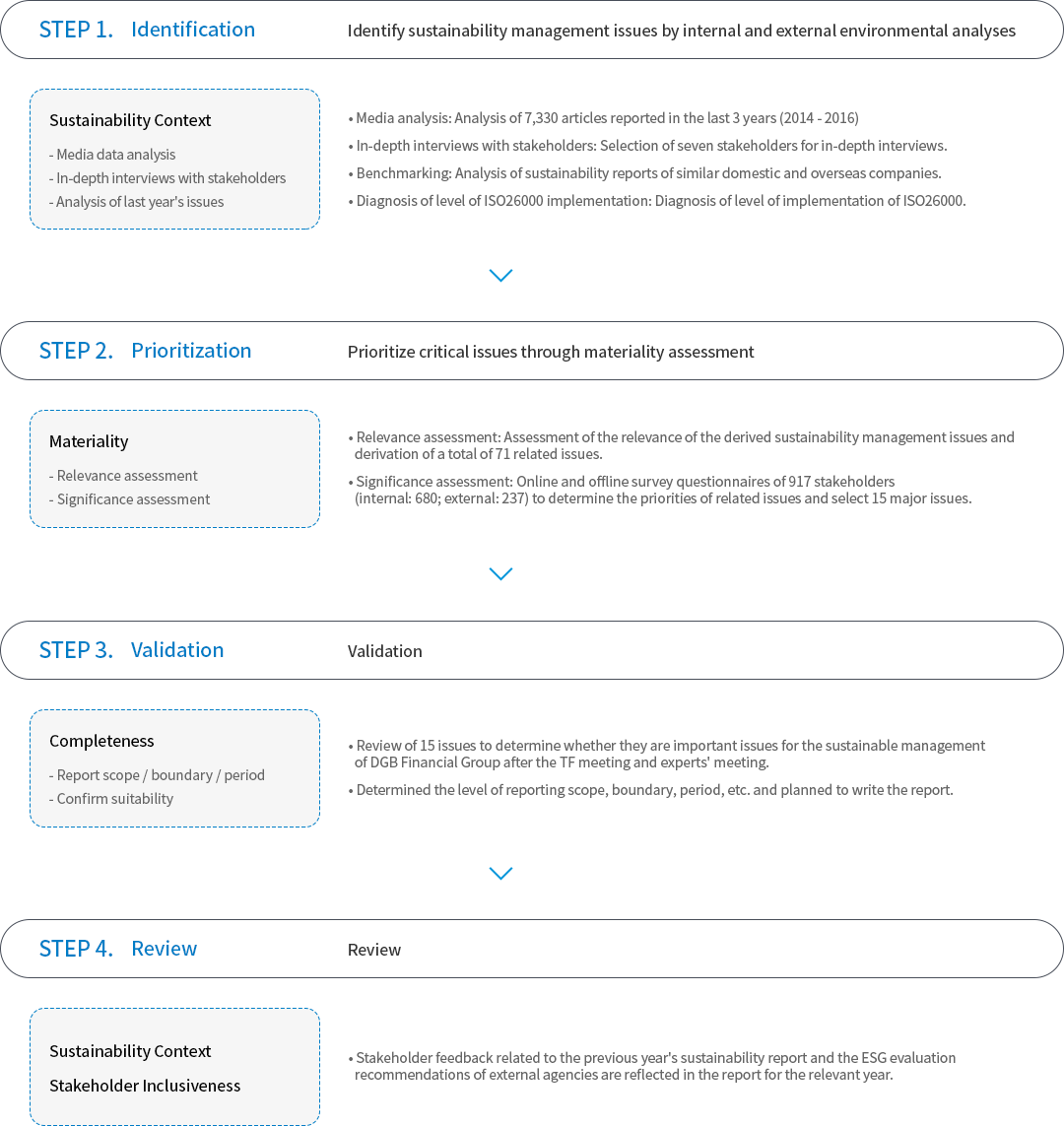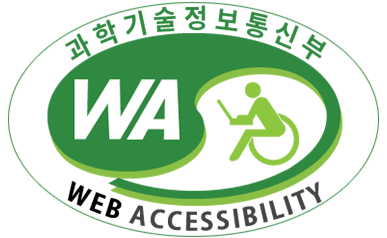View
Sustainability Management
DGB Financial Group is growing together with the customer, creating sustainable value.

- About DGB Financial Group Ethical management Investor Relations Social Contribution ESG Company Culture ESG Strategy & Research Institute
-
CEO’s Message
Vision and Strategy
History
Organization
Management
Outside directors
Status of Shareholders
Board of Directors
DGB Whistle-blow System (Anonymity)
Subsidiaries
Location
IR Information
Audit Report
Stock Information
Credit Rating
About DGB Social Contribution
DGB Sustainability Management
Sustainability Management Organization
CSR Initiative
Green Management
Sustainability Management Report
Main Activities and Performance
Company Culture
About ESG Strategy & Research Institute
ESG Framework
ESG Policy
ESG Performances
ESG Report
환경공모전(NIE)
- CEO’s Message
- Vision and Strategy
- History
- Organization
- Management
- Outside directors
- Status of Shareholders
- Board of Directors
- Subsidiaries
- Location
- DGB Daegu Bank HI Investment&Securities DGB Life DGB Capital Hi Asset Management DGB U Pay DGB Data System DGB Credit Information Hi Investment Partners Newsystock HiAMA IR Summary Investor Presentation Fact Book Financial Statements Annual Report IR News Real-time Quotes Historical Price Trading Trend Foreigners' Ownership Chart Analysis Market Trend About Sustainability Management History International Organization Membership Materiality Analysis Process Materiality Analysis Results Main Activities Performance Talent ESG Strategy ESG Governance 2050 Net Zero Main Activities(History) E(Environment) S(Social) G(Governance) ESG Evaluation Global Initiatives Performances(History) Sustainability Report Other Reports
Materiality Analysis Process

DGB Financial Group is working hard to grow and improve sustainable management by setting up a sustainable management committee.
The DGB Financial Group conducts its internal and external environmental analyses and materiality evaluation based on the principles of sustainability context, materiality, completeness and stakeholder inclusiveness in order to discover main sustainability issues.

-
Step1. Identify sustainability management issues by internal and external environmental analyses
- Sustainability Contextt
- - Media data analysis
- - In-depth interviews with stakeholders
- - Analysis of last year's issues
- • Media analysis: Analysis of 7,330 articles reported in the last 3 years (2014 - 2016)
- • In-depth interviews with stakeholders: Selection of seven stakeholders for in-depth interviews.
- • Benchmarking: Analysis of sustainability reports of similar domestic and overseas companies.
- • Diagnosis of level of ISO26000 implementation: Diagnosis of level of implementation of ISO26000.
-
Step2. Prioritize critical issues through materiality assessment
- Materiality
- - Relevance assessment
- - Significance assessment
- • Relevance assessment: Assessment of the relevance of the derived sustainability management issues and derivation of a total of 71 related issues.
- • Significance assessment: Online and offline survey questionnaires of 917 stakeholders (internal: 680; external: 237) to determine the priorities of related issues and select 15 major issues.
-
Step3. Validation
- Completeness
- - Report scope / boundary / period
- - Confirm suitability
- • Review of 15 issues to determine whether they are important issues for the sustainable management of DGB Financial Group after the TF meeting and experts' meeting.
- • Determined the level of reporting scope, boundary, period, etc. and planned to write the report.
-
Step4. Review
- Sustainability Context
Stakeholder Inclusiveness
- • Stakeholder feedback related to the previous year's sustainability report and the ESG evaluation recommendations of external agencies are reflected in the report for the relevant year.
- Sustainability Context




